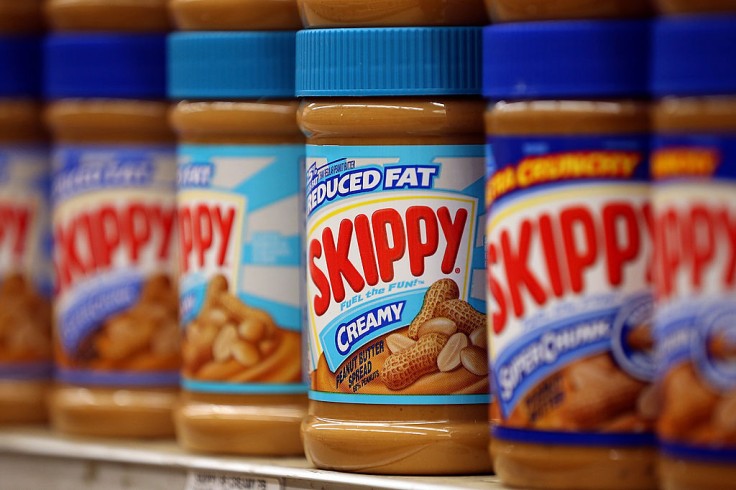
Children with a peanut allergy could overcome it, according to a study published in The Lancet entitled "Efficacy and safety of oral immunotherapy in children aged 1-3 years with peanut allergy (the Immune Tolerance Network IMPACT trial): a randomized placebo-controlled study.
Young children suffering from peanut allergy may overcome it through early childhood treatment. According to the research published on Thursday, the early consumption of peanut protein powder can be an intervention to prevent and battle this seemingly life-threatening allergy that affects millions of kids worldwide.
At present, the standard of care for kids suffering from a peanut allergy is total dietary avoidance. The research's objective was to evaluate whether or not oral peanut immunotherapy may increase the threshold of children's allergic reactions by inducing desensitization or if children's peanut allergies may be unresponsive after the cessation of oral peanut immunotherapy.
Kids tested for Oral Peanut Immunotherapy
The research was conducted in five US academic medical centers and involved a randomized, double-blind, placebo-controlled study. Of 146 children, 96 received oral peanut immunotherapy, while 50 received a placebo. Some children who participated in the research were younger than four years old up to 12 years old.
These were kids who had a kind of allergic reaction to 500-mg or less of peanut protein during a so-called double-blind, placebo-controlled food challenge. These participants were assigned to receive peanut protein through oral immunotherapy or placebo for 134 weeks. This was equivalent to around 2000-mg of peanut protein per day.
After 134 weeks, these young participants avoided peanut protein or other peanut sources for 26 weeks. The main result was to check for desensitization after week 134 and remission after avoiding for the succeeding 26 weeks.
Hope for peanut allergy treatment on children
Out of the 96 participants who received peanut oral immunotherapy, 68 met the main targeted result of desensitization after week 134. This means that 71 percent of the children under four years old involved in the study could consume around 16 peanuts without an allergic reaction after receiving an increasing dose of peanut protein powder for two years and six months.
This is in contrast to the one out of the 50 who received a placebo. At week 160, or after 26 weeks of avoidance, 20 out of 96, or 21 percent of the participating children, experienced allergic reactions in remission half a year after the oral immunotherapy ended while only one out of the 50 children who received a placebo met the second criterion on remission.
Children who participated in the double-blind, placebo-controlled food challenge and were capable of consuming 5000-mg of peanut protein at week 134 could no longer swallow and tolerate the same amount at week 160. Nonetheless, compared with the children who received a placebo, oral peanut immunotherapy decreased specific reactions in the kids' bodies upon the performance of various tests.
In addition, the research also interpreted that since the immune system of younger children is more flexible, if they are treated early, they have a bigger chance to treat the allergy due to an increase in desensitization and remission.